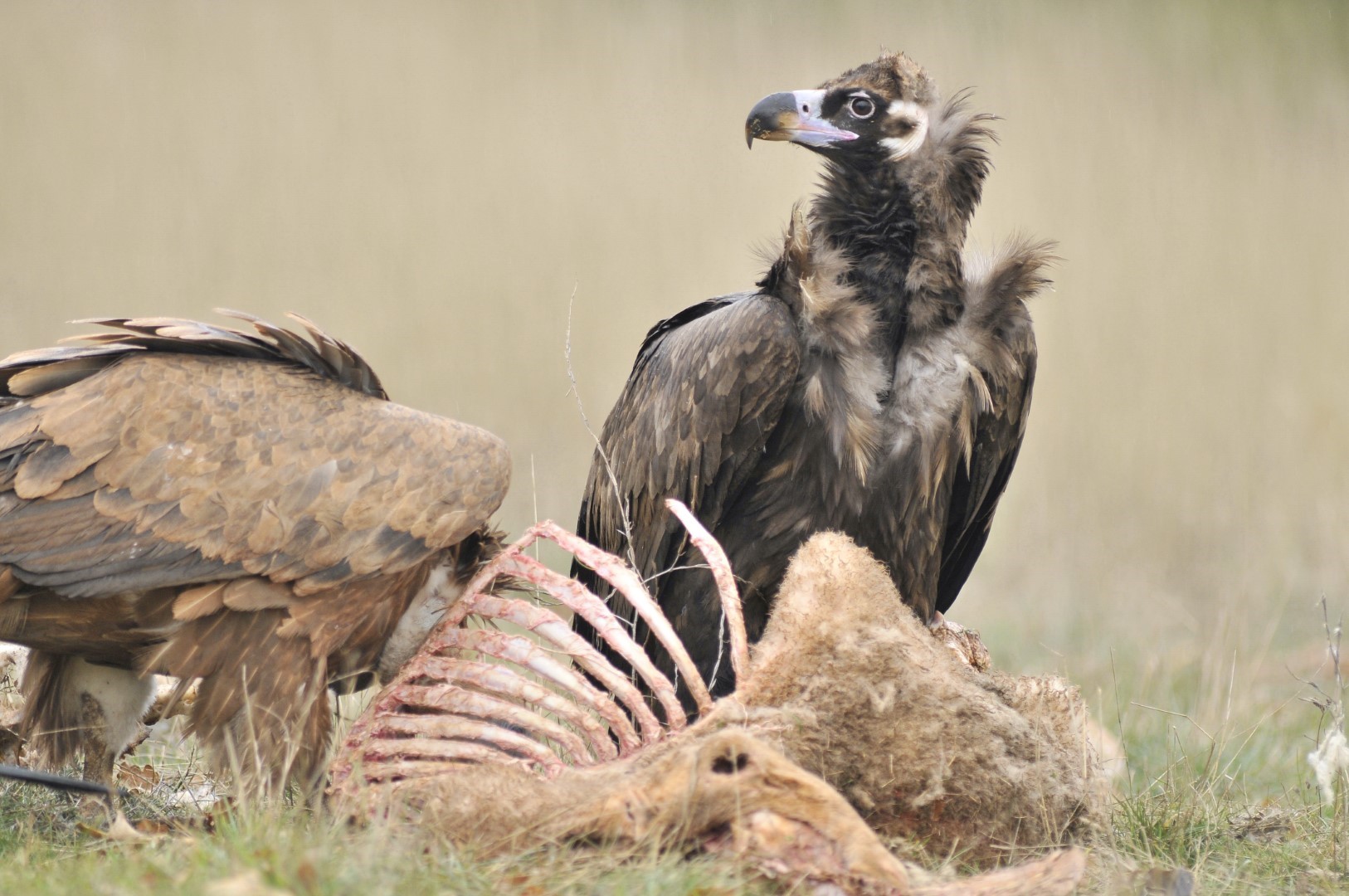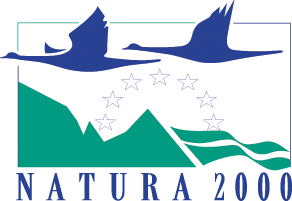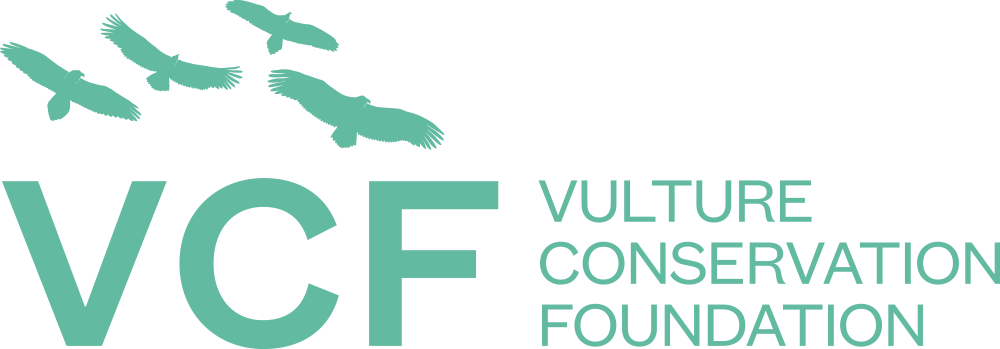The Cinereous Vulture
Why we need vultures
- Homepage
- Pages
- LIFE Aegypius Return
- The Cinereous Vulture
- Why we need vultures
Why we need vultures
Vultures have long been stigmatised and reviled in popular culture, often being portrayed as symbols of death and decay. However, contrary to this perception, these birds play a crucial and irreplaceable role in maintaining the delicate balance of our ecosystems. Despite their value, vultures are frequently undervalued and misunderstood, with false misconceptions often endangering their survival. We need to understand how valuable these birds are and take steps to protect them for future generations.

How vultures benefit nature and humans alike
When vulture populations are doing well, all of us benefit. Vultures provide free ecosystem services, which are the contributions that ecosystems or wildlife make to human well-being.
Vultures are obligate scavengers that play a crucial role in maintaining ecosystem services such as nutrient recycling, removal of soil and water contaminants, and regulating the spread of diseases. Griffon vultures, for instance, consume large amounts of carrion derived from animal carcasses, supporting the transfer of energy through food webs. Their presence can help limit the transmission of diseases by controlling the populations of other facultative scavengers such as feral dogs.
Recent studies have shown that vultures provide an efficient, cost-effective, and environmentally beneficial carcass disposal service that is valued by livestock farmers. Their ability to rapidly consume livestock carcasses can significantly reduce greenhouse gas emissions and economic costs arising from the collection and transport of carcasses to processing plants by vehicles.
Vultures also provide cultural and spiritual services dating back thousands of years, as well as recreational services in the form of ecotourism, particularly for bird-watchers and photographers. Viewing vultures in their natural habitat has significant potential value, and ecotourism around vulture breeding areas and feeding sites can provide important sources of local income.
Promoting the scavenging services provided by vultures is essential to restore an important ecological function for the mutual benefit of vultures, the wider environment, and ultimately provide socio-economic and well-being benefits to people. With their competitive advantage over terrestrial species in consuming carcasses, the protection and conservation of vultures must be a priority to maintain their important ecosystem services.
Vultures are obligate scavengers that play a crucial role in maintaining ecosystem services such as nutrient recycling, removal of soil and water contaminants, and regulating the spread of diseases. Griffon vultures, for instance, consume large amounts of carrion derived from animal carcasses, supporting the transfer of energy through food webs. Their presence can help limit the transmission of diseases by controlling the populations of other facultative scavengers such as feral dogs.
Recent studies have shown that vultures provide an efficient, cost-effective, and environmentally beneficial carcass disposal service that is valued by livestock farmers. Their ability to rapidly consume livestock carcasses can significantly reduce greenhouse gas emissions and economic costs arising from the collection and transport of carcasses to processing plants by vehicles.
Vultures also provide cultural and spiritual services dating back thousands of years, as well as recreational services in the form of ecotourism, particularly for bird-watchers and photographers. Viewing vultures in their natural habitat has significant potential value, and ecotourism around vulture breeding areas and feeding sites can provide important sources of local income.
Promoting the scavenging services provided by vultures is essential to restore an important ecological function for the mutual benefit of vultures, the wider environment, and ultimately provide socio-economic and well-being benefits to people. With their competitive advantage over terrestrial species in consuming carcasses, the protection and conservation of vultures must be a priority to maintain their important ecosystem services.
Why is the Cinereous Vulture important?
The Cinereous Vulture is an important species for a number of reasons. This magnificent bird of prey plays a vital role in maintaining the ecological balance of its habitat and is also an indicator species for the health of its ecosystem.
One of the key roles of the Cinereous Vulture is its function as a scavenger. These birds are highly adapted to feeding on carrion, or dead animals, and are able to consume large amounts of meat quickly and efficiently. As a result, they play a vital role in the decomposition and recycling of nutrients in their environment. Without scavengers like the Cinereous Vulture, dead animals would accumulate and pose a serious health risk to other wildlife and even humans.
In addition, the Cinereous Vulture is considered an indicator species, meaning that its presence or absence can provide insight into the health of the environment. The decline in their populations can indicate issues such as habitat destruction, hunting, or poisoning, which can have far-reaching impacts on the surrounding ecosystem.
Apart from their ecological role, the Cinereous Vulture also holds cultural significance in many regions of the world. In some cultures, these birds are revered as symbols of power, strength, and freedom. They are also important indicators of cultural heritage and environmental stewardship, as they have been featured in many stories, legends, and myths throughout history.
Furthermore, Cinereous Vultures, like other vultures, can be important for the tourism industry in some areas. They are also essential for waste management, as they can consume and dispose of large carcasses that might otherwise be difficult to manage.
By protecting the Cinereous Vulture, we are not only preserving a vital species, but also helping to maintain the health and balance of its ecosystem. Additionally, we are preserving an important cultural symbol that has played a significant role in human history for thousands of years. Whether through supporting conservation efforts or simply spreading awareness of the importance of this species, we can all play a role in ensuring the survival of the Cinereous Vulture for generations to come.
One of the key roles of the Cinereous Vulture is its function as a scavenger. These birds are highly adapted to feeding on carrion, or dead animals, and are able to consume large amounts of meat quickly and efficiently. As a result, they play a vital role in the decomposition and recycling of nutrients in their environment. Without scavengers like the Cinereous Vulture, dead animals would accumulate and pose a serious health risk to other wildlife and even humans.
In addition, the Cinereous Vulture is considered an indicator species, meaning that its presence or absence can provide insight into the health of the environment. The decline in their populations can indicate issues such as habitat destruction, hunting, or poisoning, which can have far-reaching impacts on the surrounding ecosystem.
Apart from their ecological role, the Cinereous Vulture also holds cultural significance in many regions of the world. In some cultures, these birds are revered as symbols of power, strength, and freedom. They are also important indicators of cultural heritage and environmental stewardship, as they have been featured in many stories, legends, and myths throughout history.
Furthermore, Cinereous Vultures, like other vultures, can be important for the tourism industry in some areas. They are also essential for waste management, as they can consume and dispose of large carcasses that might otherwise be difficult to manage.
By protecting the Cinereous Vulture, we are not only preserving a vital species, but also helping to maintain the health and balance of its ecosystem. Additionally, we are preserving an important cultural symbol that has played a significant role in human history for thousands of years. Whether through supporting conservation efforts or simply spreading awareness of the importance of this species, we can all play a role in ensuring the survival of the Cinereous Vulture for generations to come.











